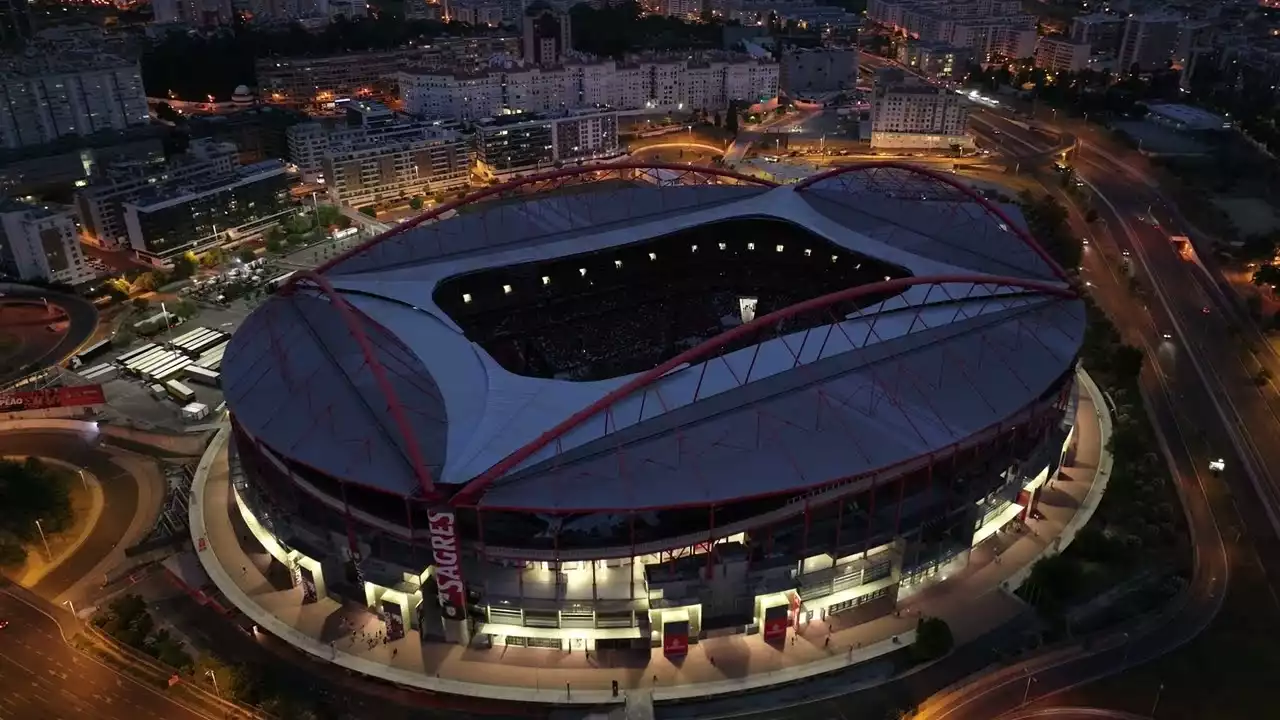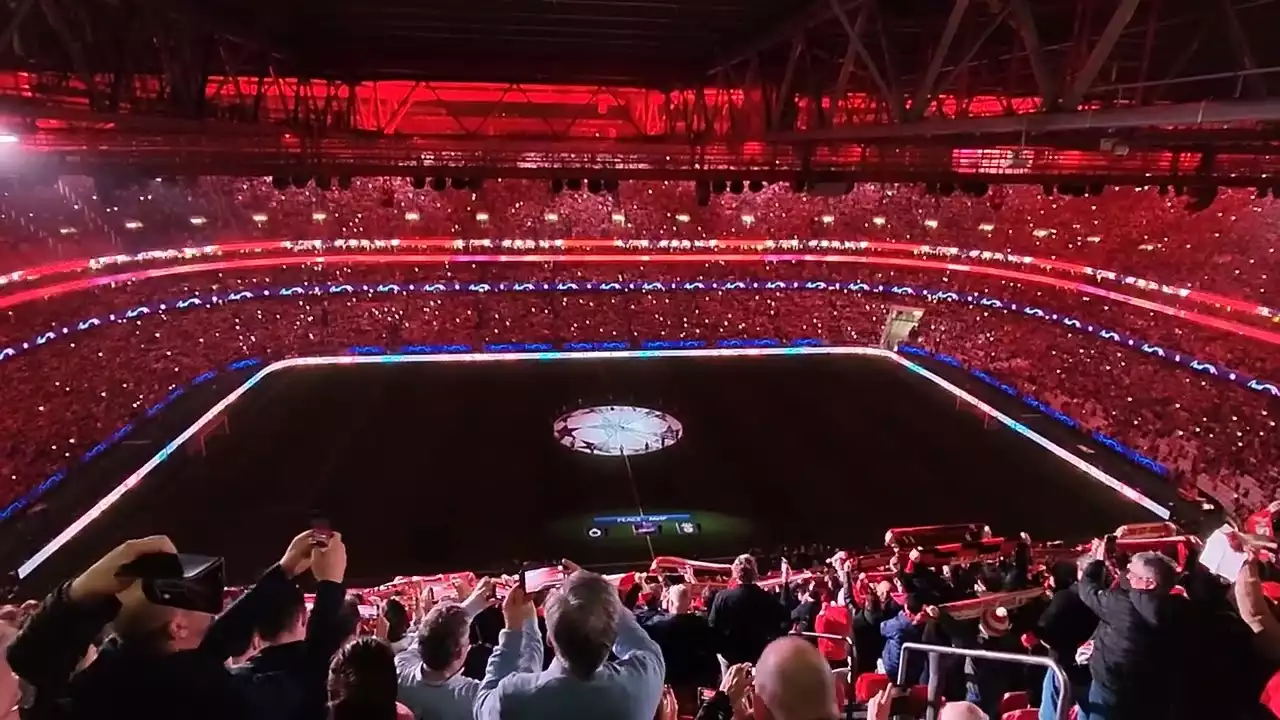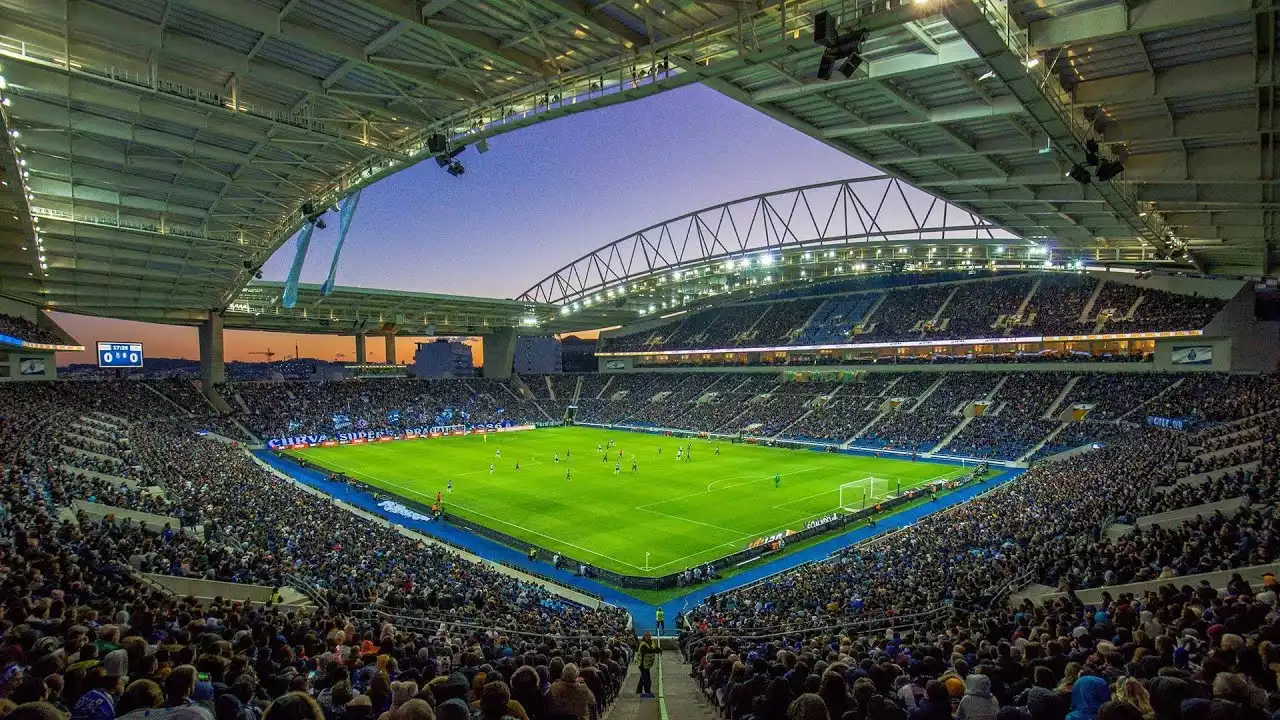The significance of stadiums in the history of Liga Portugal
Stadiums have always played a significant role in the history of Liga Portugal. From the early days of the league to the present, these structures have witnessed countless memorable moments and fierce rivalries. The iconic stadiums of Benfica, Sporting Lisbon, and Porto have become synonymous with Portuguese football and have witnessed historic triumphs and heart-wrenching defeats. The atmosphere generated by passionate fans in these stadiums creates an electric environment that can inspire players and intimidate opponents. The history and tradition associated with these arenas make them more than just places to play football; they are hallowed grounds that hold the hopes and dreams of millions of football fans.
In addition to the emotional significance, stadiums also serve as tangible symbols of a club's success and ambition. The construction or renovation of a stadium often signals a club's growth and aspirations. A modern, state-of-the-art stadium not only showcases a team's commitment to providing the best possible experience for fans but also attracts top players and enhances the club's overall reputation. The significance of stadiums in the history of Liga Portugal cannot be understated, as they have become integral to the identity and success of the clubs and the league as a whole.
Economic impact of stadiums on local communities
Stadiums in Liga Portugal not only have a significant impact on the world of football but also play a crucial role in boosting the local economy. The construction and operation of stadiums create jobs and generate revenue for the surrounding communities. From the initial planning and construction phases to ongoing operations, stadiums contribute to the local economy through job creation, increased tourism, and increased spending by fans on match days.
During the construction phase, stadiums provide employment opportunities for local workers, ranging from architects and engineers to construction workers and vendors. This influx of jobs stimulates the local economy, creating a ripple effect that benefits various sectors, such as hospitality, transportation, and retail. Once the stadium is operational, it continues to contribute to the local economy through the hosting of matches, attracting fans from near and far. These fans spend money on tickets, food and beverages, merchandise, and accommodation, which further stimulates the local economy and supports local businesses.
Influence of stadiums on fan experience and attendance
Stadiums in Liga Portugal play a crucial role in shaping the fan experience and influencing attendance. The atmosphere created by passionate fans can make attending a match a truly unforgettable experience. From the moment fans step foot inside the stadium, they are greeted by the sights, sounds, and smells that make football matches so special. The roar of the crowd, the chants and songs, and the sea of team colors create an electric atmosphere that can be felt throughout the entire stadium.
This unique atmosphere not only enhances the enjoyment of the game for fans but also acts as a magnet, attracting more people to attend matches. The excitement and energy generated by passionate fans are contagious and can inspire others to become regular attendees. Additionally, stadiums that provide modern amenities, comfortable seating, and a variety of food and beverage options can further enhance the fan experience and entice more people to come to matches.
The role of stadiums in promoting tourism and boosting the local economy
Stadiums in Liga Portugal have a significant role in promoting tourism and boosting the local economy. Football is a global sport, and fans from all over the world travel to Portugal to experience the passion and excitement of Liga Portugal matches. The allure of watching their favorite teams in iconic stadiums such as Estadio da Luz or Estadio do Dragao, combined with the opportunity to explore the rich history and culture of Portugal, makes it an attractive destination for football tourism.
Tourists who visit Portugal to watch Liga Portugal matches contribute to the local economy by spending money on accommodation, transportation, dining, and sightseeing. This influx of tourism not only benefits the stadium and the clubs but also supports local businesses and creates jobs in the tourism sector. Stadiums serve as a catalyst for tourism, attracting visitors from around the world and showcasing Portugal as a vibrant and exciting destination for football enthusiasts.
Stadium infrastructure and its impact on player performance
The infrastructure of stadiums in Liga Portugal has a direct impact on player performance. The design and layout of the stadium, including the pitch quality, lighting, and seating arrangement, can influence how players perform on the field. A well-maintained pitch provides a consistent and predictable playing surface, allowing players to showcase their skills and execute their tactics effectively.
Lighting is another crucial factor that can affect player performance. Proper lighting ensures visibility for players, enabling them to make split-second decisions and react quickly to the game's dynamics. Inadequate lighting can lead to reduced visibility, impacting the accuracy of passes and shots, and increasing the risk of injuries.
The seating arrangement in stadiums also plays a role in player performance. A stadium with seating close to the pitch creates a more intimate and intimidating atmosphere for visiting teams, making it harder for them to concentrate and communicate effectively. This psychological advantage can give the home team an edge and disrupt the opposition's game plan.
Famous stadiums in Liga Portugal
Liga Portugal is home to several famous stadiums that have become iconic symbols of Portuguese football. These stadiums not only provide a stage for thrilling matches but also hold a special place in the hearts of football fans around the world. Here are some of the most renowned stadiums in Liga Portugal:
1. Estadio da Luz
- Located in Lisbon, Estadio da Luz is the home ground of Benfica. With a seating capacity of over 64,000, it is one of the largest stadiums in Portugal. The stadium has witnessed numerous historic moments, including Benfica's European triumphs in the 1960s.
2. Estadio Jose Alvalade
- Sporting Lisbon's home ground, Estadio Jose Alvalade, is known for its unique architecture and vibrant atmosphere. The stadium's design incorporates elements of modernity and tradition, reflecting the club's rich history and commitment to innovation.
3. Estadio do Dragao
- Located in Porto, Estadio do Dragao is the home stadium of FC Porto. It is renowned for its state-of-the-art facilities and impressive architecture. The stadium has hosted several high-profile matches, including the UEFA Champions League final in 2004.
These stadiums not only serve as battlegrounds for intense football rivalries but also stand as symbols of pride and identity for their respective clubs and fans. They are living monuments to the passion and dedication of Portuguese football.
Sustainability in stadium design and operations
In recent years, there has been a growing emphasis on sustainability in stadium design and operations. With the increasing awareness of environmental issues, stadiums in Liga Portugal have taken steps to minimize their ecological footprint and promote sustainable practices. From energy-efficient lighting systems to waste management strategies, these stadiums are leading the way in creating a more sustainable future for the sports industry.
One of the key areas of focus is energy consumption. Stadiums have implemented energy-efficient lighting systems, such as LED lights, to reduce electricity usage. Additionally, solar panels and other renewable energy sources are being utilized to generate clean energy and reduce reliance on traditional power sources.
Waste management is another aspect that stadiums have addressed. Recycling initiatives and waste separation systems have been implemented to minimize the amount of waste sent to landfills. Some stadiums have even adopted composting methods to manage organic waste generated during matches and events.
Water conservation is also a priority in stadium operations. Water-efficient fixtures and irrigation systems are being installed to reduce water consumption. Rainwater harvesting systems are utilized to collect and reuse rainwater for various purposes, such as pitch irrigation and toilet flushing.
Future trends in stadium development in Liga Portugal
As technology continues to advance, stadiums in Liga Portugal are expected to undergo further development and innovation. Here are some future trends that are likely to shape the stadium landscape in Liga Portugal:
1. Virtual reality and augmented reality experiences - Stadiums will increasingly incorporate virtual reality and augmented reality technologies to enhance the fan experience. Fans will be able to immerse themselves in virtual environments, interact with players, and access additional content during matches.
2. Smart stadiums - The concept of smart stadiums will gain traction, with stadiums becoming interconnected ecosystems that utilize data and technology to enhance various aspects, such as security, ticketing, and crowd management.
3. Enhanced connectivity - Stadiums will provide seamless connectivity, enabling fans to stay connected and share their experiences in real-time. High-speed Wi-Fi networks and improved cellular coverage will be standard features in future stadiums.
4. Sustainability as a priority - The focus on sustainability will continue to grow, with stadiums incorporating more eco-friendly features, such as rainwater harvesting systems, green roofs, and renewable energy sources.
The future of stadium development in Liga Portugal holds immense potential for creating even more immersive and sustainable experiences for fans while further enhancing player performance and overall matchday atmosphere.










